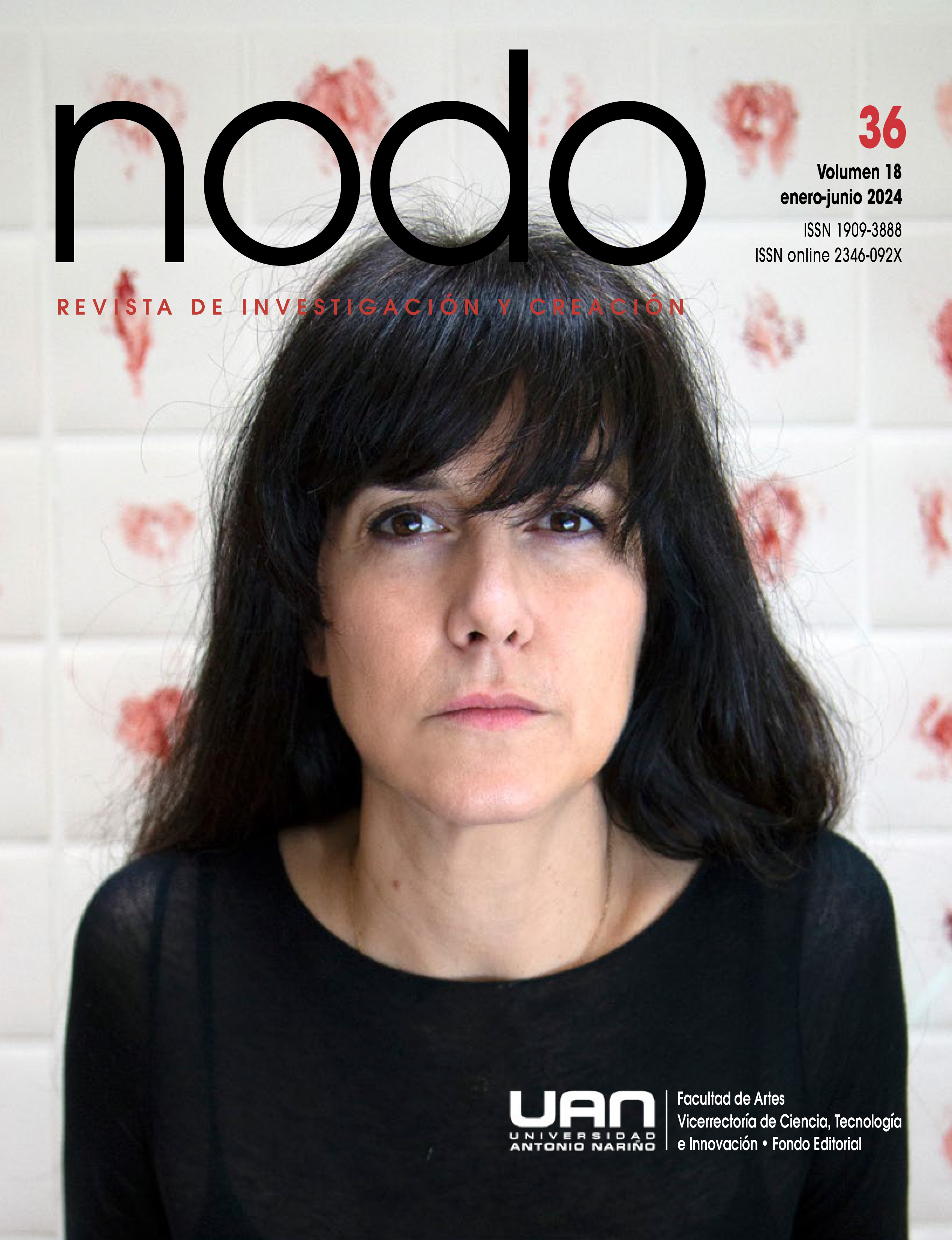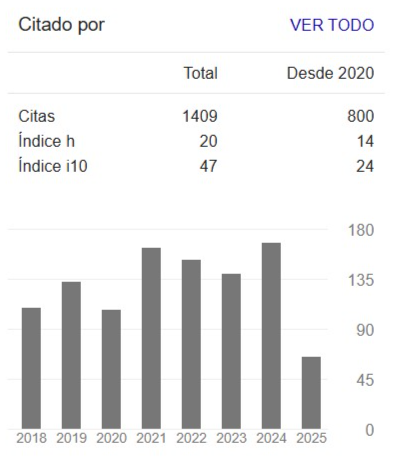El teatro como una herramienta de comunicación alternativa para vivir desde el otro
DOI:
https://doi.org/10.54104/nodo.v18n36.1648Palabras clave:
Teatro, Comunicación alternativa, AlteridadResumen
El presente artículo aborda al teatro como una herramienta de comunicación alternativa para promover la comprensión y la empatía entre individuos en un mundo donde la comunicación se ve limitada por filtros interpretativos y de subjetividad. A través de la actuación, el teatro desafía la construcción de identidades cerradas y promueve la apertura hacia la otredad, permitiendo a los participantes vivir y representar la vida desde la perspectiva del otro.
Se destaca la noción del "otro" como aquel que difiere en creencias, valores, costumbres y experiencias, y se señala que el teatro ofrece una oportunidad para superar la cosificación del otro al representarlo en su diversidad y complejidad. El ejercicio de interpretación exige trabajar en la configuración interior del personaje, reconociendo que tanto el personaje como ellos mismos están siendo reconfigurados en el proceso.
Se reconocen ciertas limitaciones que tiene el teatro, como la imposibilidad de vivir desde el marco interpretativo ajeno y el riesgo de que algunos actores o actrices se centren en sí mismos en lugar de representar al otro, pero se enfatiza su valor como una herramienta que contribuye a la construcción de un mundo más abierto y plural.
Descargas
Citas
Brecht, B. (2004). Escritos sobre teatro. Barcelona: Alba Editorial.
Buenaventura, E. (1988). Notas sobre dramaturgia. Buenos Aires: Asociación Argentina de Actores.
Clearié, A. (2003). Breve diccionario teatral. Enfoque sistémico sobre técnica y método. México: Conaculta.
Corrales, F. y Hernández, H. (2009). La comunicación alternativa en nuestros días: un acercamiento a los medios de la alternancia y la participación. Razón y Palabra, 70. Acceso el 15 de febrero de 2023. http://www.razony palabra.org.mx/N/N70/CORRALES-HERNANDEZ-REVISADO.pdf
Gutiérrez, F. (1984). Las radios comunitarias. Una experiencia de comunicación alternativa. Nueva Sociedad, 42: 70-86. Acceso el 15 de febrero de 2023. https://static.nuso.org/media/articles/downloads/1158_1.pdf
Krotz, E. (2020) La otredad cultural entre utopía y ciencia. Un estudio sobre el origen, el desarrollo y la reorientación antropológica. México: Fondo de Cultura Económica.
Levinas, E. (2006). Humanismo del otro hombre. México: Siglo XXI Editores.
Martín-Barbero, J. y Corona, S. (2017). Ver con los otros. Comunicación intercultural. México: Fondo de Cultura Económica.
Nieto, R. (1997). El teatro. Historia y vida. México: Acento Editores.
Obregón, R. (2006). A escena. México: Ediciones Sin Nombre-Conaculta.
Pratt, H. (2018). Diccionario de Sociología. México: Fondo de Cultura Económica.
Reguillo, R. (2020). Escenarios, algoritmos y ecosistemas complejos: Investigar la comunicación en la coviandad. (Conferencia). Congreso AMIC (Asociación Mexicana de Investigadores de la Comunicación). https://www.youtube.com/watch?v=-xjr2TgSbKc&t=1091s
Ruiz, M. y Monroy, F. (1993). Desarrollo profesional de la voz. Escenología.
Sánchez, J. (2012). Prácticas de lo real en la escena contemporánea. México: Paso de Gato.
Santana, S. (2011). Interpretación actoral según Brecht. México: Ediciones Coyoacán.
Sartre, J. (2005). Reflexiones acerca de la cuestión judía. Barcelona: Seix Barral.
Servaes, J. y Malikhao, P. (2007). Comunicación participativa: ¿el nuevo paradigma? Redes.com: Revista de Estudios para el Desarrollo Social de la Comunicación, 4: 43-60. Acceso el 15 de febrero de 2023. https://dialnet.unirioja.es/descarga/articulo/3671275.pdf
Sztajnszrajber, D. (2020). Filosofía a martillazos. Tomo 1. Barcelona: Paidós.
Descargas
Publicado
-
Resumen821
-
PDF177
Cómo citar
Número
Sección
Licencia
Derechos de autor 2024 Jesús Gerardo Cervantes Flores

Esta obra está bajo una licencia internacional Creative Commons Atribución-NoComercial-CompartirIgual 4.0.




 Portal de Ciencia Abierta
Portal de Ciencia Abierta